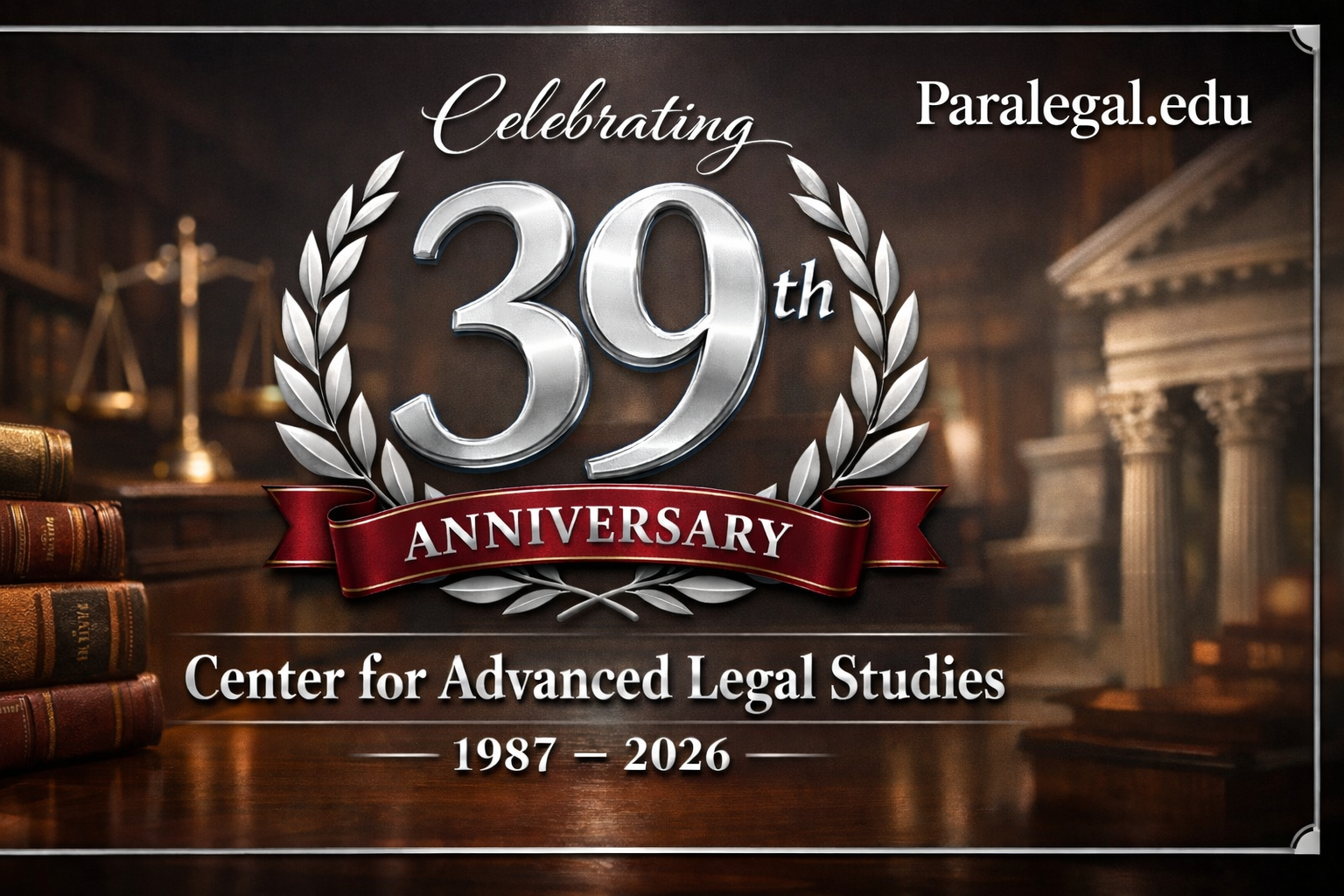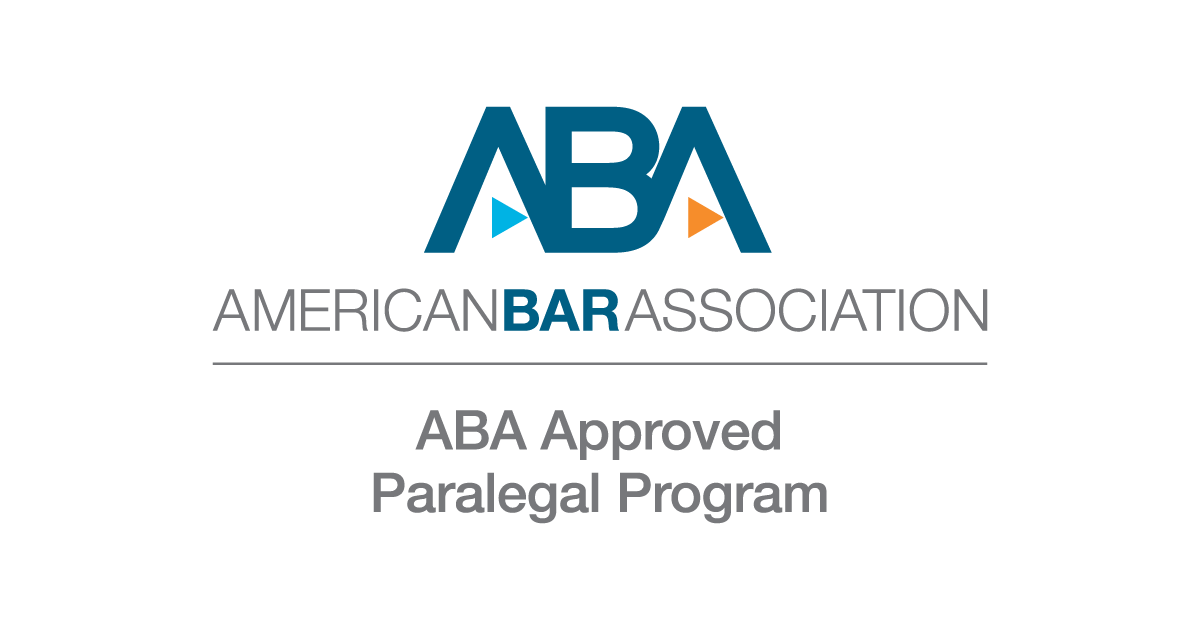With evolving demands in today’s job market, more bachelor’s degree holders are contemplating a return to school in search of a final stepping stone towards a stable, meaningful, and intellectually stimulating career. Given the varied degree paths (Post baccalaureate, Master’s, Juris Doctor, etc.) and wide-range in tuition and fees, careful consideration should be given in comparing costs vs. benefits and pragmatism vs. prestige when selecting the best program.
Adding to the encumbrance of recent law school graduates is the trend of tuition fees skyrocketing alongside enrollments. Indeed, over the last 20 years law school tuition has grown at a rate 4.5 times faster than the already escalating fees at 4-year schools3. In 2010, law students graduating with debt owed an average of $98,500, with many owing well into the six-digits4. Law school is a worthwhile dream for anyone looking for a challenging and prosperous career. But with the recent surplus of highly educated, deeply indebted law school graduates competing for mid-level positions, it is also a dream worth postponing until the market stabilizes.
If you are considering a law degree, treat your education choice with the gravity it merits and research your options carefully:
- Understand the real cost of a program, including student loan deferments and interest rates. Know that the comparatively high tuition of law and business degree programs are frequently used by schools to subsidize less prosperous programs, sometimes by as much as 30%5. Make sure the curriculum is worth the price.
 Ask pointed questions about a program’s advertised employment data. Be sure a school is not padding surveyed employment numbers with non-responders, temporary positions, and jobs unrelated to the degree program6. Additionally, salary data can be skewed when high-earners report salaries at a greater rate than low-earners.
Ask pointed questions about a program’s advertised employment data. Be sure a school is not padding surveyed employment numbers with non-responders, temporary positions, and jobs unrelated to the degree program6. Additionally, salary data can be skewed when high-earners report salaries at a greater rate than low-earners.
The faculty and staff of Center for Advanced Legal Studies have dedicated over 25 years to the sole purpose of preparing & training students for careers as paralegals and related legal positions.
- Tuition is economical and it is circulated directly back into the paralegal programs. The United States Office of Education reports a Federal Median Loan debt of $7,500.00 and a debt-to-earnings ratio of 2.84% for graduates of the Paralegal Certificate Program (2010-2011).
- Students graduating from the Certificate Program in 2010 – 2011 are employed at a rate of 87%. Employment data includes only positions in the legal field.
Curriculum at CALS is specifically formatted to provide a comprehensive foundation for careers in the legal field, as well as simulate work-place scenarios. An education from Center for Advanced Legal Studies can launch a paralegal career; it can also accomplish an important stride on a path to law school. Regardless of your ultimate career goal, Center for Advanced Legal Studies is committed to fostering skills and opening doors to a rewarding career in an expansive and evolving legal field.
The Center for Advanced Legal Studies (CALS) is a leading paralegal school based in Houston, Texas, offering fully online Paralegal Certificate, AAS Degree, and BA in Law and Business programs. Since 1987, CALS has helped students nationwide launch and advance careers in the legal field through practical, career-focused education.






